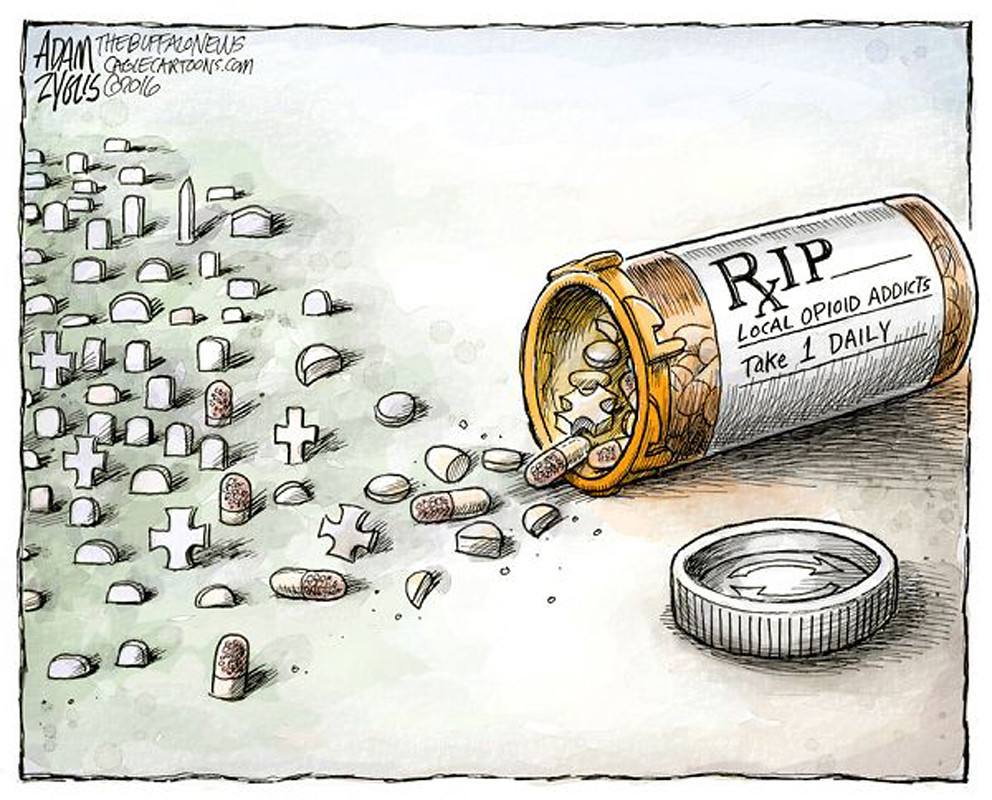The opioid epidemic is a growing public health crisis that has had devastating effects on individuals, families, and communities across the United States. Opioids are a class of drugs that include prescription painkillers, such as oxycodone and hydrocodone, as well as illegal drugs like heroin and fentanyl.
- The epidemic has been fueled in part by over-prescribing of opioid painkillers, as well as the availability of cheap and potent illegal opioids. As a result, opioid overdose deaths have skyrocketed in recent years, and the crisis has taken a tremendous toll on public health.
- One way in which the opioid epidemic affects public health is through its impact on individuals who become addicted to opioids. Opioid addiction is a chronic and relapsing disease that can have serious physical and mental health consequences. In addition to increasing the risk of overdose and death, opioid addiction can also lead to long-term health problems such as liver damage, infectious diseases, and chronic pain.
- The opioid epidemic also has broader public health implications. For example, the increased use of opioids has led to a rise in infectious diseases such as HIV and hepatitis C, which can be spread through injection drug use. The epidemic has also strained healthcare systems, emergency services, and social services, as more individuals require treatment and support.
- To address the opioid epidemic, there is a need for comprehensive and coordinated approaches that address the root causes of addiction and provide support and resources for those who are affected. This includes initiatives to promote safe and effective pain management, increase access to addiction treatment and recovery support, and prevent the misuse of prescription opioids and illegal opioids like heroin and fentanyl.
In summary, the opioid epidemic is a complex public health crisis that affects individuals, families, and communities across the United States. To address this crisis, there is a need for a comprehensive approach that addresses the root causes of addiction and provides support and resources for those who are affected.




